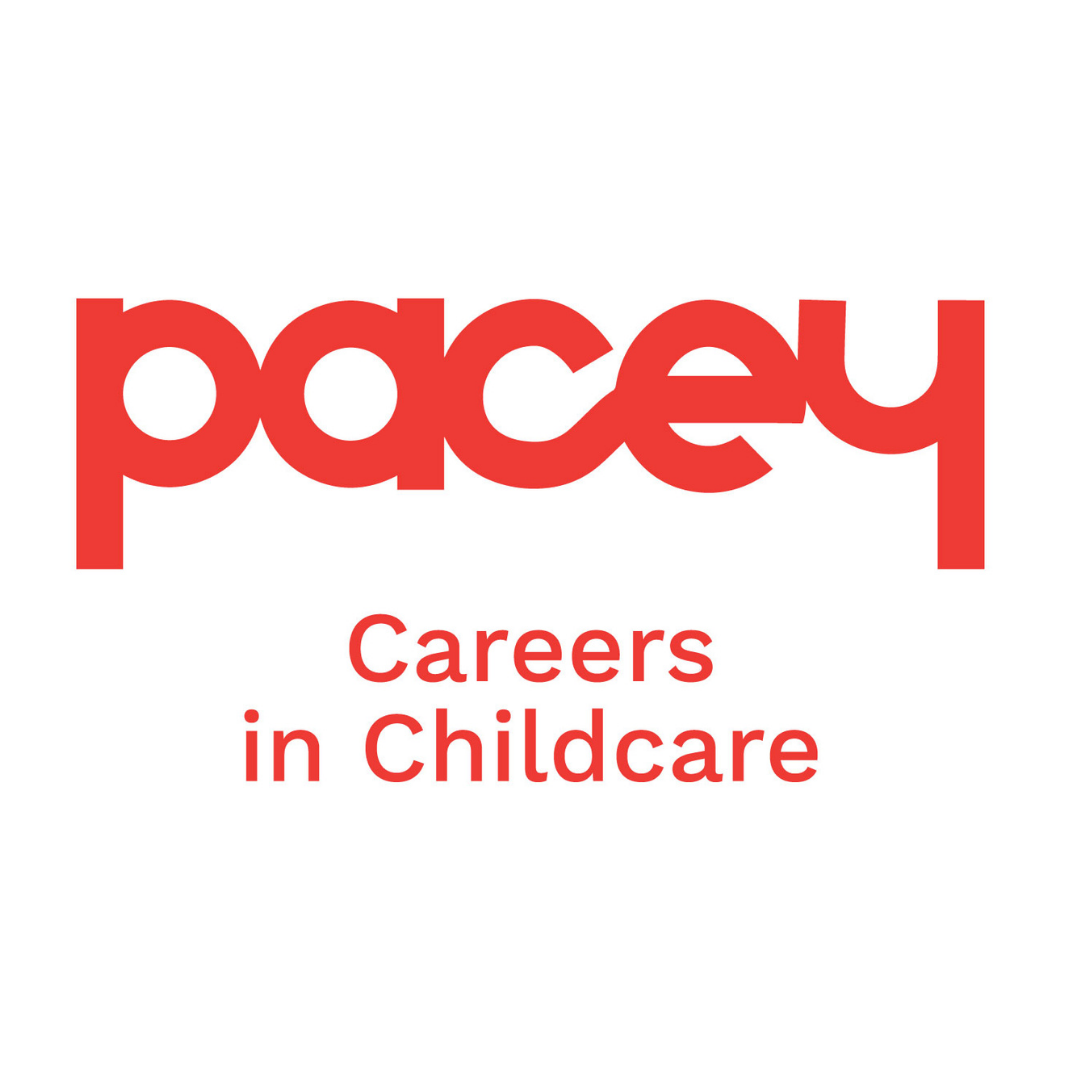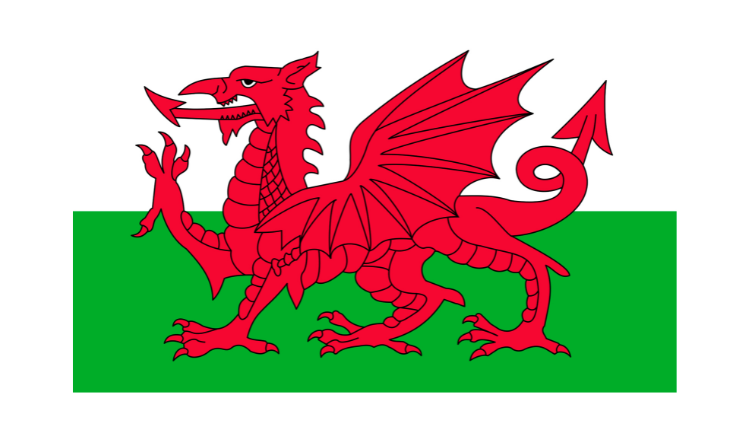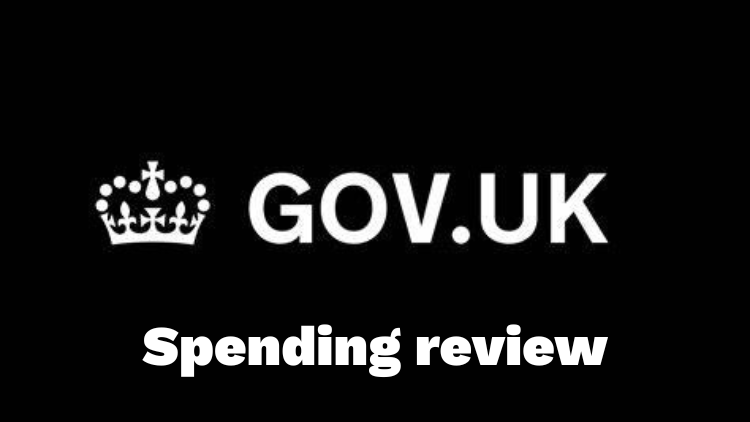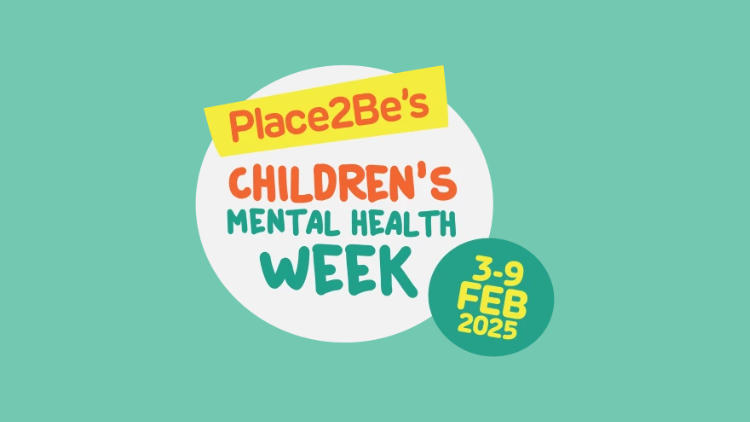Your curriculum
Latest News
Keep up to date with everything that's happening in the childcare sector
Further increase to Childcare Offer rate for Wales / Cynnydd pellach yng nghyfradd y Cynnig Gofal Plant Cymru
In December 2024 in our news story Changes to the Childcare Offer rate for Wales we made you aware o...
PACEY’s submission to the Government Spending Review
The Government’s Spending Review is currently taking place, and PACEY has submitted a response to ...
Children’s Mental Health Week 2025
This week is Children's Mental Health Week (3-9 February) organised by the charity Place2Be. We've h...
Socials
Get your daily does of all that’s going on in the childcare and early years sector




